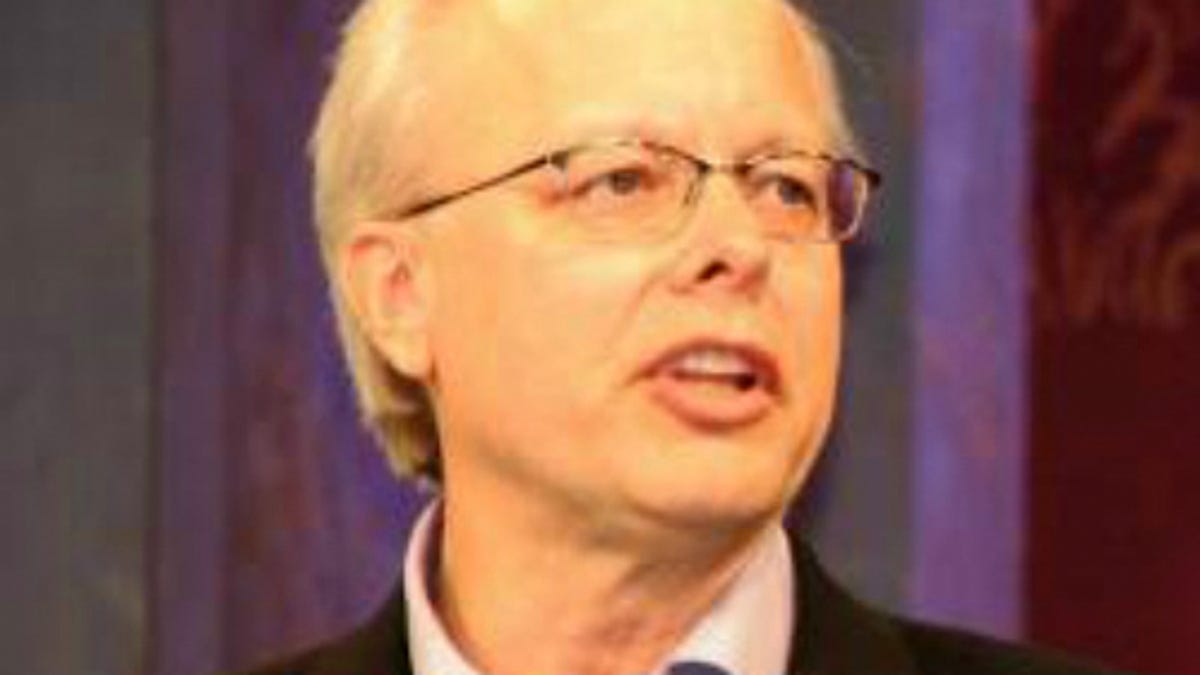Ray Ozzie starts new venture Cocomo
The former chief software architect at Microsoft and Lotus Notes creator is assembling a team for a company to make a new communications product for social interaction.

Famed programmer Ray Ozzie has got a new gig.
The former chief software architect at Microsoft and Lotus Notes creator told the Boston Globe that he is starting a new company called Cocomo and is hiring in the Boston and Seattle areas.
On his Twitter account yesterday, Ozzie said: "What a fantastic year. On to the next adventure."
Ozzie was cagey about what Cocomo will be working on and whether the company has raised money. The first job posting for a user interface designer describes the company's goal this way:
A new day has dawned as it relates to how we might interact with one another, and a handful of us are just starting work on a new communications product for this new world. We've got huge goals, pragmatic plans, and a sense of urgency. We aspire to deliver compelling tools for social interaction that people will use, value and love.
Among the new team at Cocomo is co-founder Matt Pope, who worked at Groove Networks with Ozzie and then at Microsoft, and software engineer Ransom Richardson, who also worked with Ozzie at his former ventures.
Ozzie, who Bill Gates once called one of the top five programmers in the universe, has a long track record in enterprise software and collaboration. He joined Microsoft when it acquired Groove Networks and succeeded Gates at chief software architect where he spearheaded the move to online services. He resigned at the end of 2010 from Microsoft. One person told the Boston Globe that he understood Ozzie's non-compete contact with Microsoft ended at the end of 2011.

